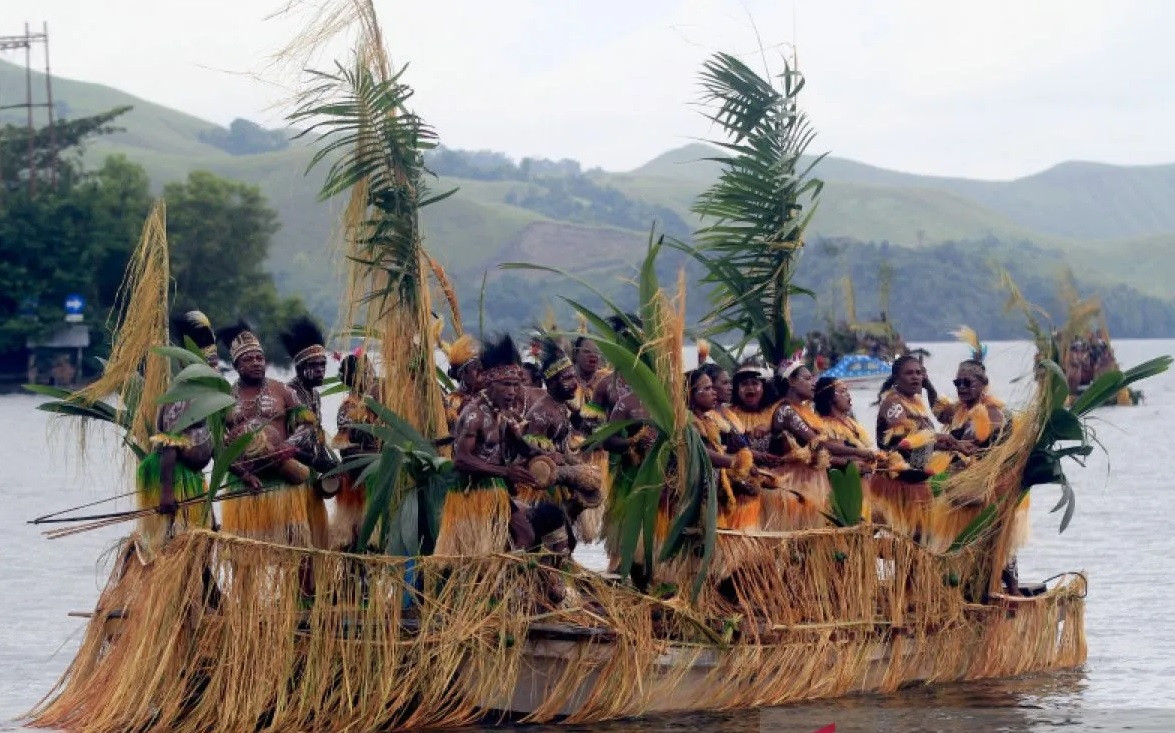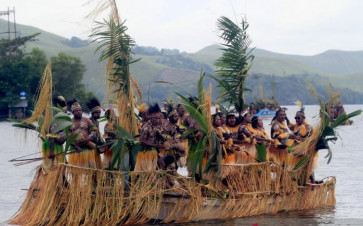Popular Reads
Top Results
Can't find what you're looking for?
View all search resultsPopular Reads
Top Results
Can't find what you're looking for?
View all search resultsEastern Indonesia is not poor, we just misunderstand it
Indonesia's development strategies outlined by various administrations are predominantly top-down, influenced by paradigms from Java or Jakarta.
Change text size
Gift Premium Articles
to Anyone
F
or decades, Eastern Indonesia has been associated with underdevelopment, disadvantages and impoverishment. Statistics suggest that provinces like Maluku, Papua and East Nusa Tenggara have low household expenditures, high reliance ratios and limited access to infrastructure.
However, this data cannot tell the entire story. The mainstream narrative remains disturbingly simplistic.
Poverty is sometimes attributed to cultural habits such as elaborate traditional ceremonies, heavy tobacco use or a perceived lack of work ethic. Even government studies identify household expenditure on customs and cigarettes as an impediment to economic growth. However, such assertions disclose more about the judging framework than about the individuals themselves.
Indonesia's poverty indicators, income, caloric intake, assets and consumption, are based on conventional economic reasoning, which is heavily influenced by urban and industrial viewpoints. These metrics fail to portray the lived experiences and value systems of Eastern Indonesia
In many local cultures, wealth is neither individual nor material. It is relational and communal. A person is regarded "well-off" if they can sustain extended family, contribute to rituals and distribute resources, rather than accumulating fortunes. What central government agencies consider "non-productive expenditure", rituals, feasts and contributions, are viewed locally as investments in dignity, reputation and kinship.
This gap causes policy distortions. When seen through a restricted lens, families appear to be economically vulnerable, despite the fact that they may be highly valued inside traditional institutions. The fault rests not in their thinking, but in ours.
Indonesia's development strategies outlined by various administrations are predominantly top-down, influenced by paradigms from Java or Jakarta. These models favor irrigated rice fields, cash crops and formal education. When applied to Eastern Indonesia's drylands, island ecosystems and different civilizations, these assumptions frequently fail.



















